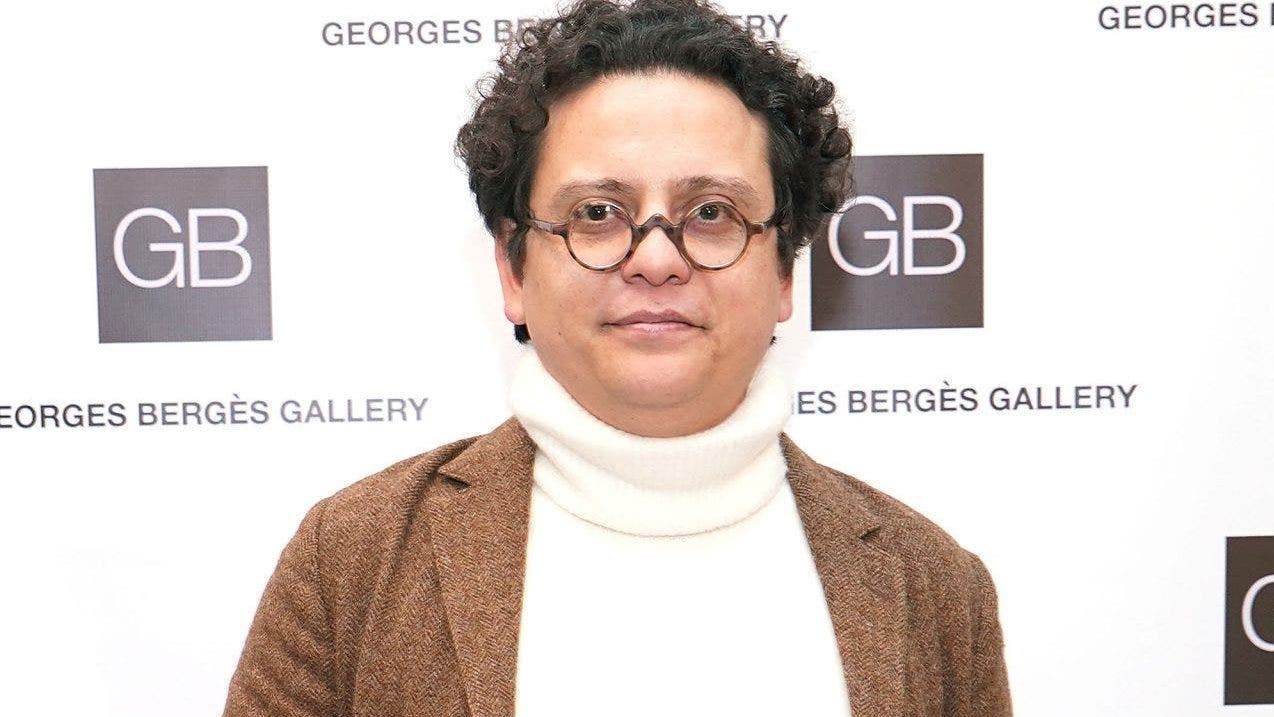In recent news, there has been a significant focus on Hunter Biden’s art career and the potential conflicts of interest it may present. Let’s delve into the details to understand the full scope of the situation.
Denial of White House Involvement
Amidst the scrutiny surrounding
Hunter Biden‘s art dealings, his art dealer, Georges Bergès, asserted that there had been no communication with the White House regarding the sale of paintings. This statement came during Bergès’ closed-door interview with the House Oversight Committee, where he emphasized the lack of dialogue with the White House, specifically regarding Hunter Biden’s art.
Unveiling Buyer Identities
Georges Bergès further disclosed that he had not divulged the identities of the buyers to Hunter Biden. This revelation aims to address concerns about potential conflicts of interest between wealthy purchasers and the White House. It is worth noting that the art dealer’s testimony sought to dispel speculations surrounding the transparency and ethical aspects of the art sales.
Republican Oversight and Allegations
House Republicans have launched an impeachment inquiry into President Biden, propelled by accusations of leveraging his position and family name for personal enrichment. This initiative stems from suspicions regarding the monetary transactions linked to Hunter Biden’s art career, especially with high-profile buyers and their potential connections to the White House.
Questioning the Ethics Agreement
Amidst these developments, there has been skepticism surrounding the “ethics agreement” purported to regulate Hunter Biden’s art dealings and prevent any impropriety, particularly in relation to the White House. The assertion that the reported agreement was misrepresented further fuels the debate on the ethical considerations surrounding the Biden family’s involvement in the art sales.
Financial Transactions and Notable Buyers
The investigation into Hunter Biden’s art sales brings attention to substantial financial transactions and notable purchasers. Notably, there are mentions of entertainment lawyer Kevin Morris, a significant buyer who reportedly loaned Hunter Biden a substantial sum. Additionally, prominent Democratic donors, including Elizabeth Hirsh Naftali, have been identified as purchasers, raising questions about the potential implications of such transactions.
White House's Position and Ethical Scrutiny
These revelations have spurred discussions about the White House’s stance on the matter. While the White House had previously referenced the existence of an ethics agreement concerning Hunter Biden’s art sales, questions regarding the clarity and extent of the agreement have emerged. The evolving narrative has prompted scrutiny of the White House’s level of involvement and transparency in addressing ethical concerns related to the art dealings.
Conclusion
The ongoing investigation into Hunter Biden’s art sales and the ensuing implications have brought to light a complex web of interrelated facets, including ethics, transparency, and potential conflicts of interest. As the inquiry unfolds, the scrutiny intensifies, underscoring the significance of upholding ethical standards and transparency, particularly in matters entwined with political affiliations and familial connections.


